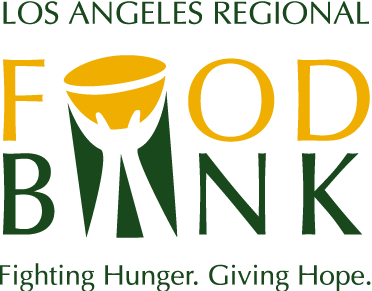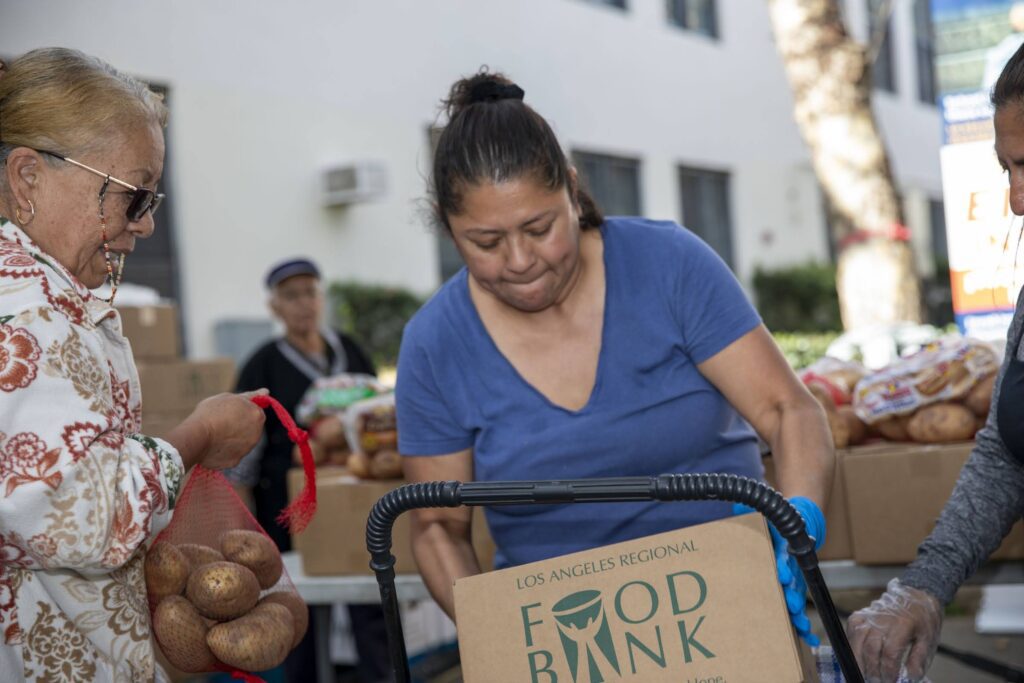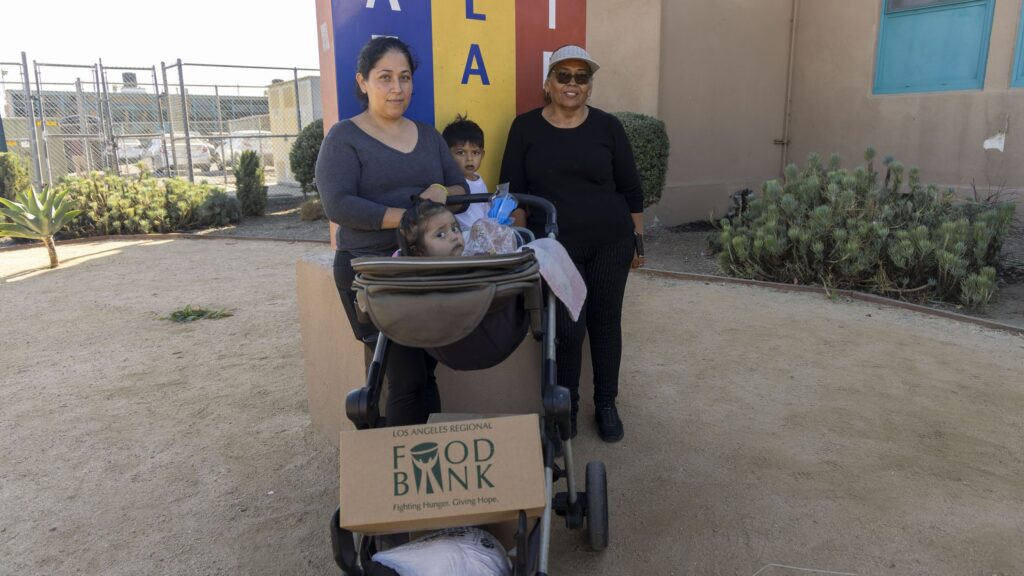Beyond the Meal: Why Access to Nutritious Food Changes Everything
Beyond the Meal: Why Access to Nutritious Food Changes Everything
The impact of food insecurity extends far beyond hunger. Learn more about how it affects everyday life today and tomorrow.
Food insecurity isn’t just about hunger—it’s about the long-term impact on health, education, and financial well-being. When individuals and families don’t have reliable access to nutritious food, the effects cascade into nearly every aspect of life. The Los Angeles Regional Food Bank sees firsthand how providing access to nutritious food items can change lives in powerful ways.
Overall Wellbeing: A Foundation for a Better Future
Lack of consistent access to nutritious food leads to serious health issues, including chronic diseases like diabetes, heart disease, and obesity. Many low-income families face a difficult choice: purchasing affordable but highly processed foods or skipping meals altogether. This trade-off contributes to nutrient deficiencies, weakened immune systems, and increased healthcare costs.
RELATED: Food-Insecure Older Adults Are More Susceptible to Cognitive Decline
Conversely, access to fresh fruits, vegetables, lean proteins, and whole grains supports stronger immune systems, better disease management, and overall well-being. Children who receive adequate nutrition experience fewer illnesses, helping them stay in school and thrive. Adults with access to healthy food are more productive at work, reducing absenteeism and improving job stability.
Twenty years ago, Josie was homeless. She was going through tough times, abusing alcohol and drugs. She weighed over 300 pounds, was diabetic, and had high blood pressure.
Then, one day, she walked by Door of Hope Ministries, a Food Bank partner agency for over 25 years, and started talking to Pastor Shirley Melendez. Melendez assured her that her life would change if she went to Door of Hope every day. And so she did.
Slowly, Josie’s life started to change. She received nutritious food for sustenance and guidance for her mind. Josie was offered a job shortly after, starting as an apprentice and moving her way up to manager. She got herself an apartment and changed her life. She no longer weighs more than 300 pounds, uses drugs, or has diabetes, all thanks to a little help from our partners at Door of Hope.
Nutrition Fuels Learning
Hunger affects the body, cognitive development, and academic performance. Studies show that children who experience food insecurity struggle with concentration, memory retention, and problem-solving skills. Students are more likely to fall behind in school without proper nutrition, leading to long-term educational setbacks.
Schoolchildren should only be worried about absorbing classroom material, completing homework assignments and preparing for tests—not about where their next meal is coming from.
The Food Bank’s After-School Meal Program, also known as the Child and Adult Care Food Program (CACFP), is the nation’s most significant charitable meal service program solely for underserved, at-risk children. In 2024, it distributed over 46,000 pounds of food, with the collaboration of hundreds of other nonprofit organizations across LA County.
RELATED: The LA Regional Food Bank Fights Child Hunger Through the After-School Meal Program
The impact of food insecurity extends far beyond hunger—it affects every facet of life. The Los Angeles Regional Food Bank works tirelessly to bridge the gap, providing nutritious food items to neighbors across Los Angeles County. Consider joining the fight against food and nutrition insecurity by donating, volunteering, or starting a Team WeFeedLA Fundraiser.





